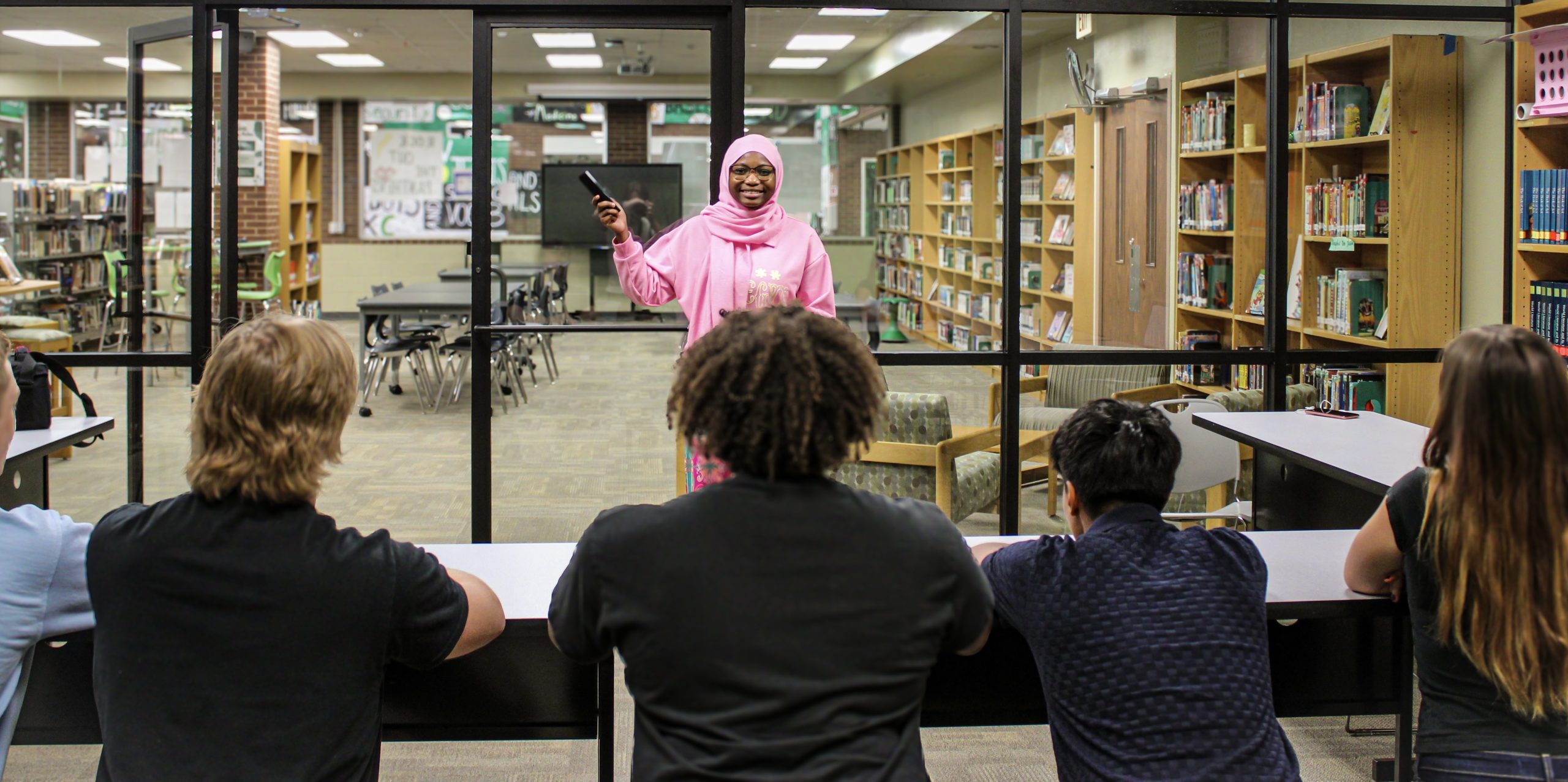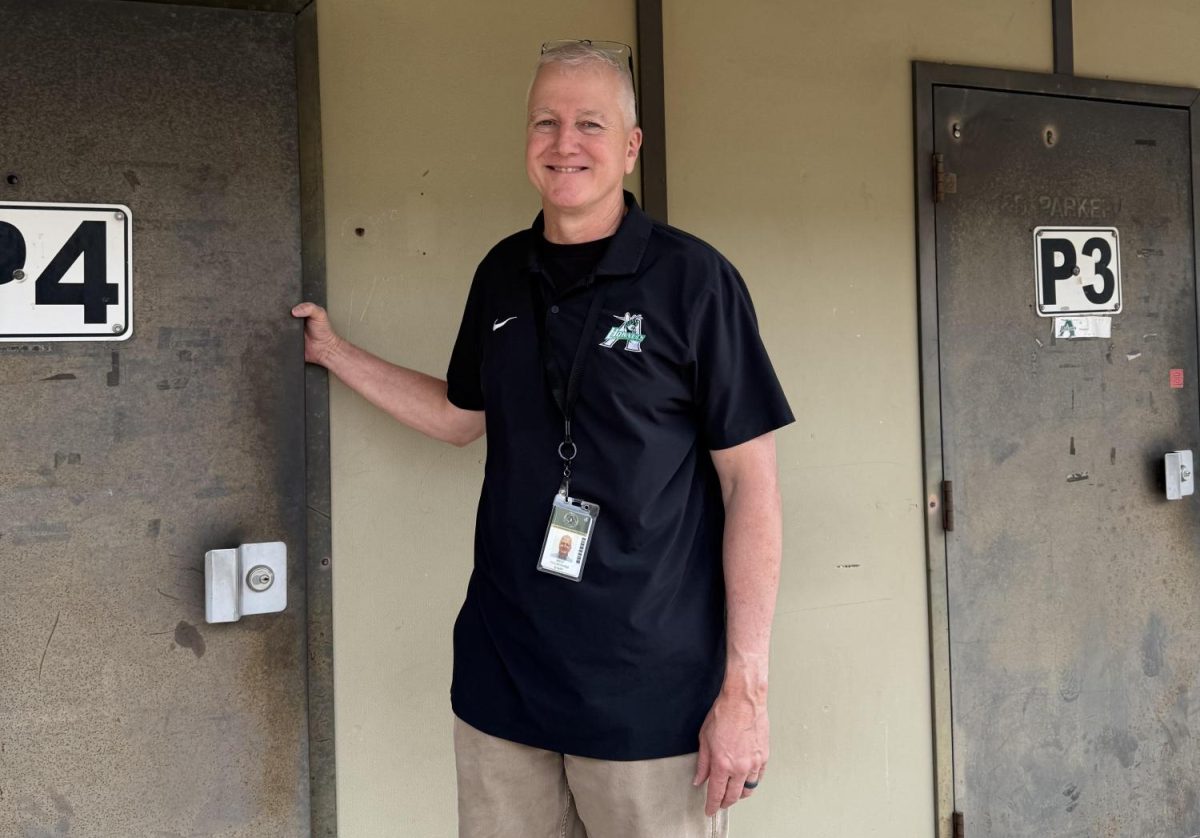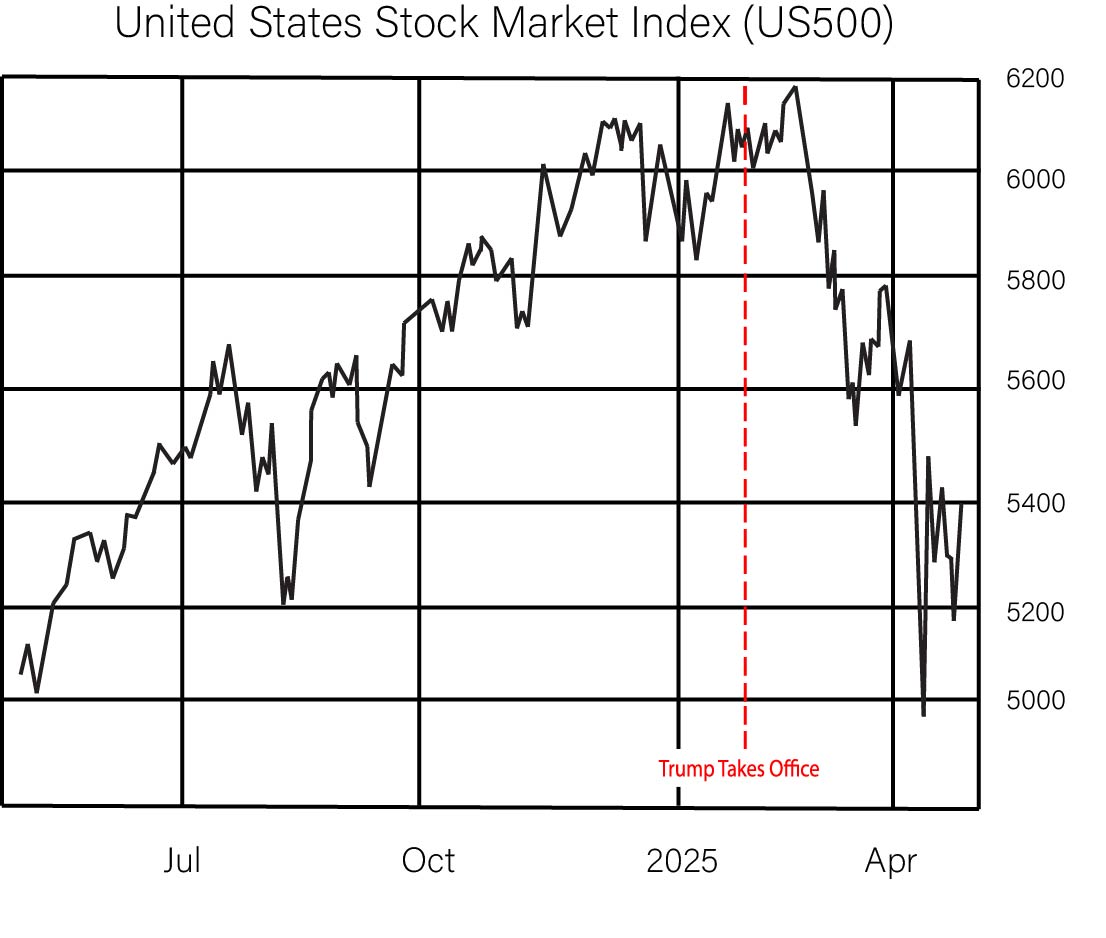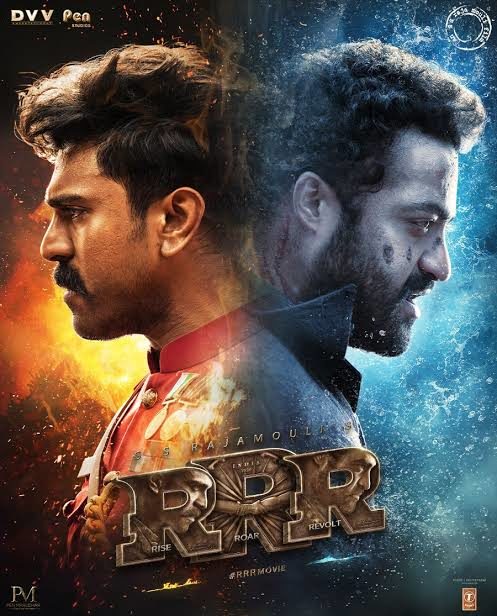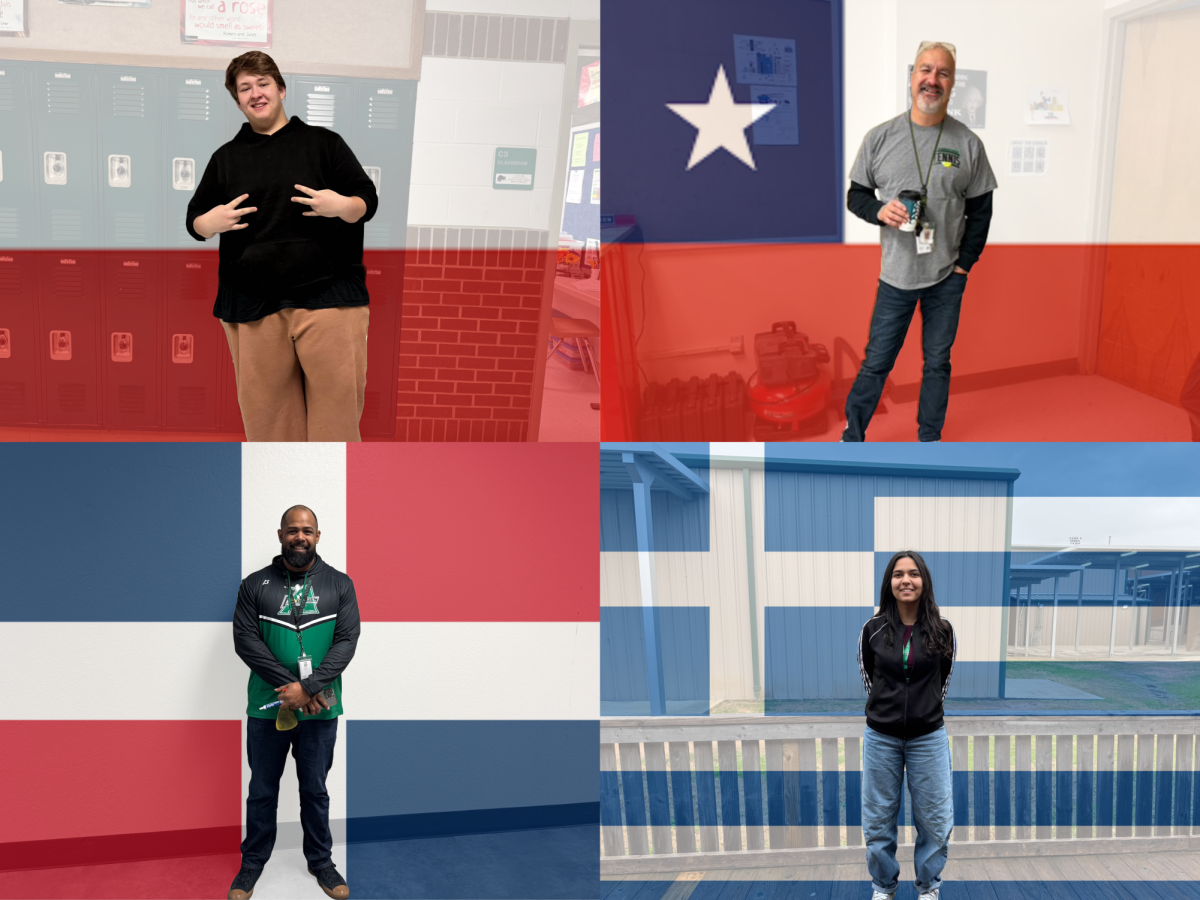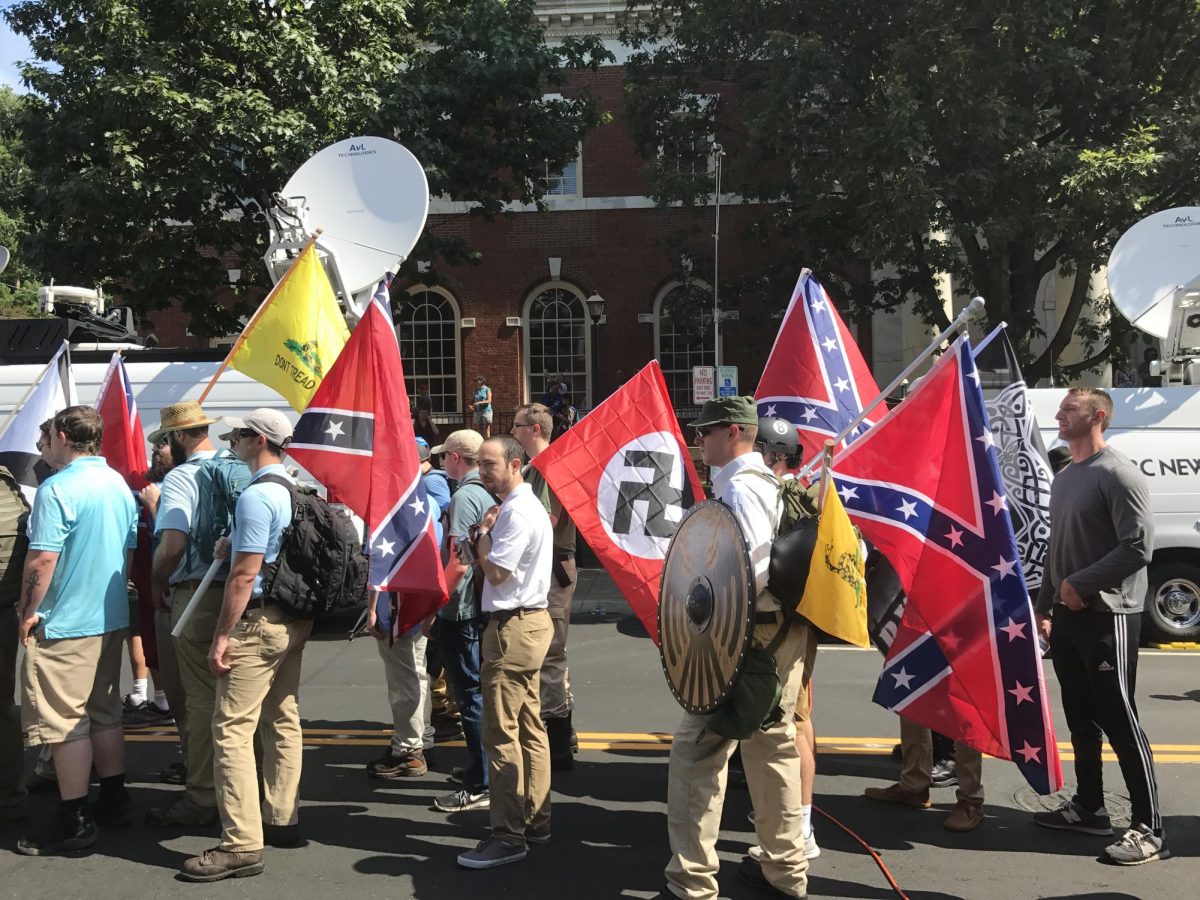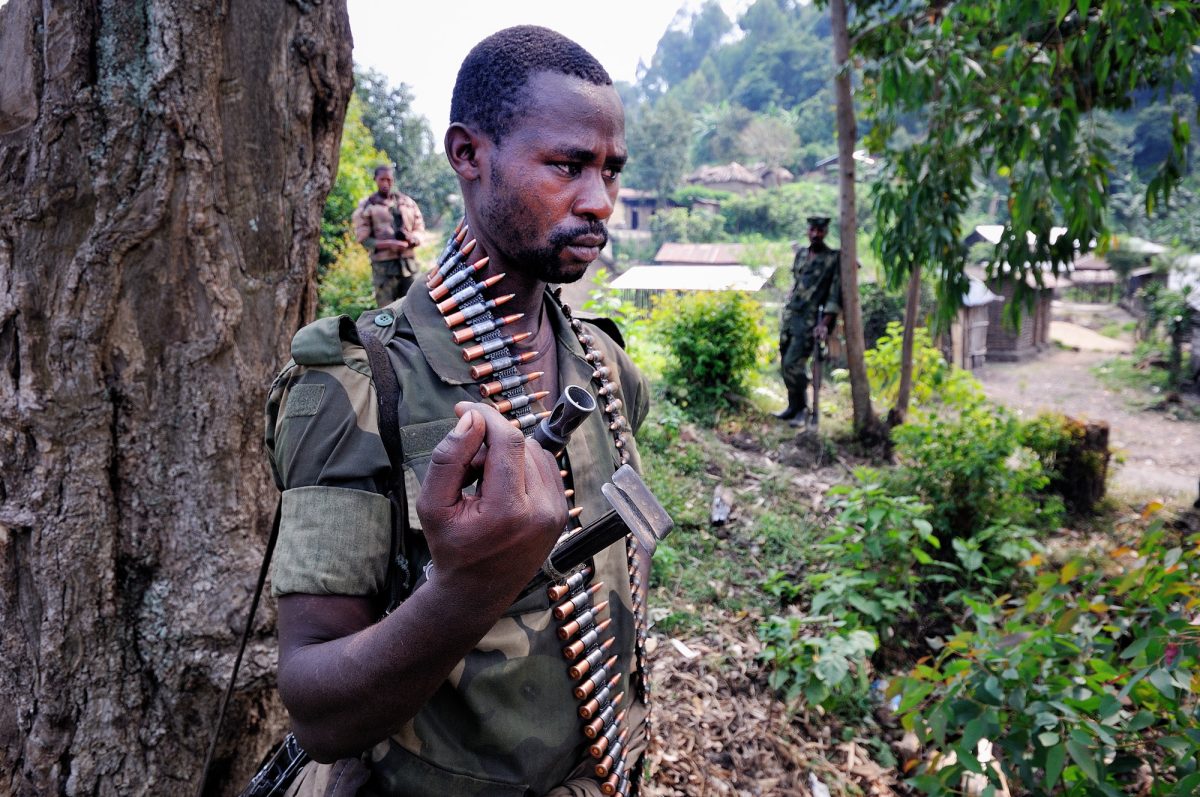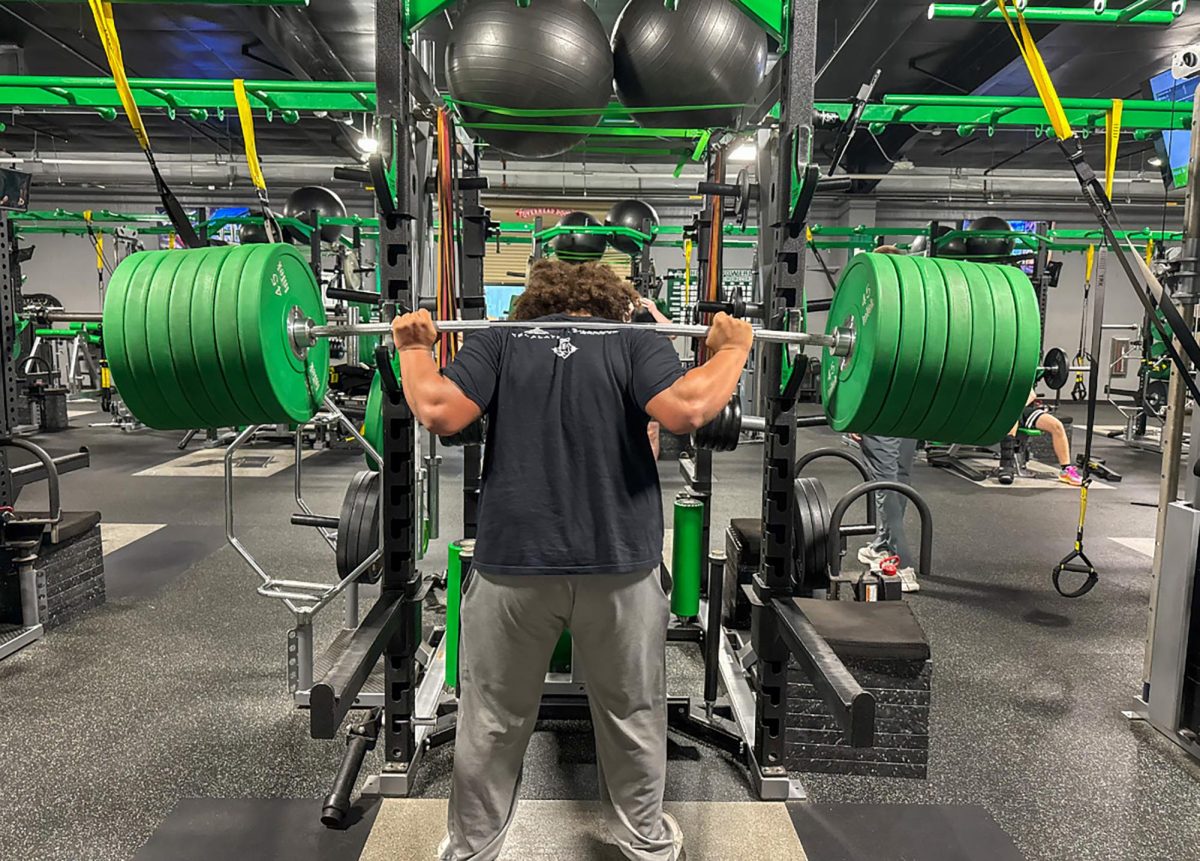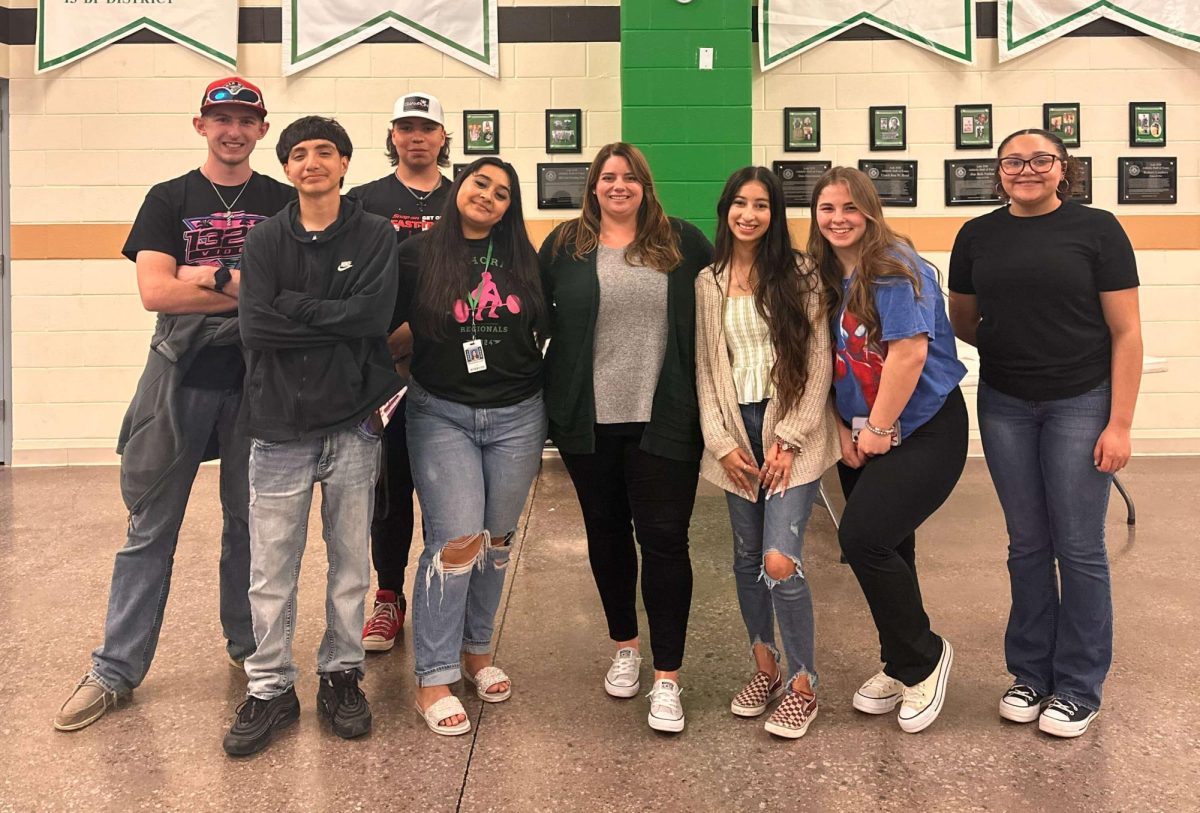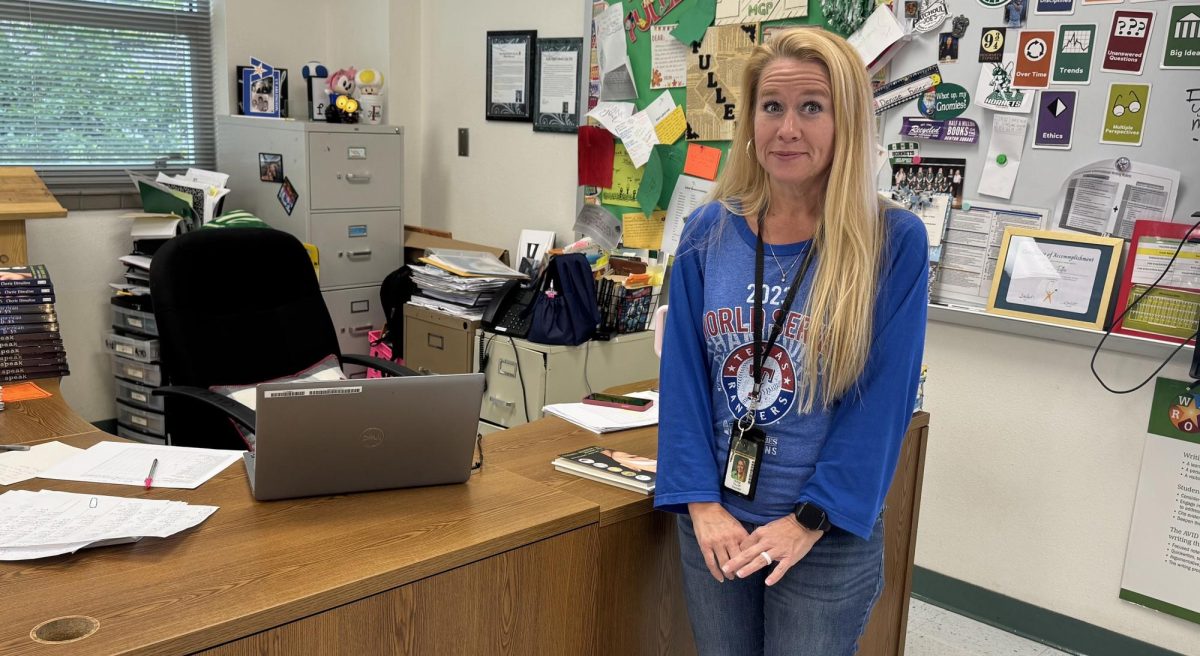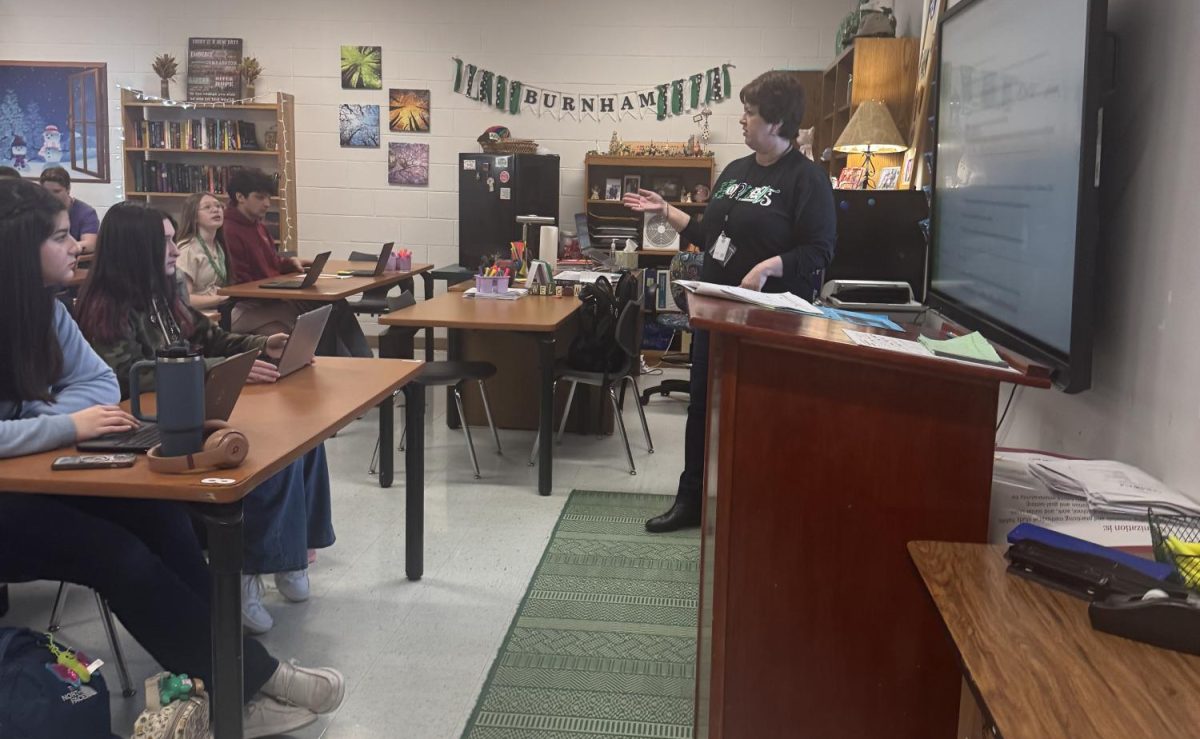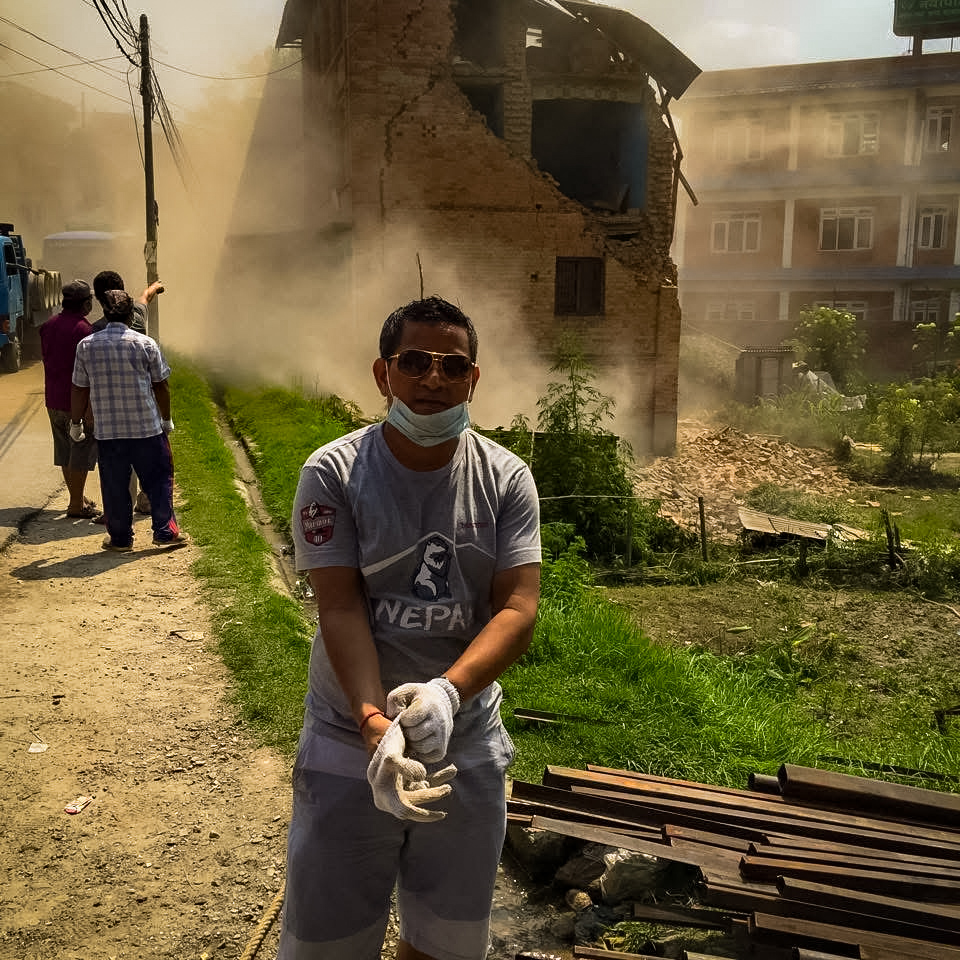“I know I am different. My color is different. My religion is different. My accent is different. My language is different. But that makes me special.” From Nampula, Mozambique, junior foreign exchange student Tasymina Ussene is Azle’s first hijabi Muslim. She’s here not only to learn, but to teach those who are willing to learn.
Ussene is visibly set apart by her hijab, a headscarf customarily worn by Muslim women to cover their hair. In the West, hijabs are sometimes seen as oppressive, a tool of forced modesty meant to restrict women’s rights, but Ussene fundamentally disagrees.
“Not all Muslims wear a hijab,” Ussene said. “It’s a choice—a very personal one—and you have to decide it by yourself. No one can ever make you wear it. For me, my hijab is a way to confirm that I’m a Muslim. With it, everyone can know I’m a Muslim, that I’m a member of the Umma of the Prophet Muhammad, Peace Be Upon Him.”
Her hijab means more to Ussene than just affirmation of her faith. Her decision to wear it came early and is deeply intimate.
“When I was 10 years old, I decided I wanted to wear a hijab,” she said. “The longer I wore it, the more I loved myself. It deepened my love and my connection with God.”
Junior Erjona Emini, a student from Tetovo, North Macedonia, is Ussene’s exchange sister. Emini is also one of the first Muslims in Azle, although she isn’t yet a hijabi.
“I’m going to wear my hijab in the moment that I’m ready to complete my faith,” Emini said. “I want to find who I am first and I’m not ready for the commitment yet. I’m very happy for Tasymina to complete her faith so soon, though.”
Emini and Ussene, both devoted Muslims, show that wearing a hijab is a deeply rooted, personal experience in a Muslim’s religious journey.
Ussene has said that the deep, individual personal experience of connecting with God is what’s defined her life, and she hopes to share her experience with others.
“I want to teach people about Islam,” Ussene said. “About what it is to be Muslim, about the Pillars of our faith, about accepting and understanding each other, so we can all be closer to one another and to God through that.”
Ussene’s wish for interfaith dialogue and education stems in part from a religious tolerance that she said she finds beautiful in her home country of Mozambique, a tolerance she would like to see everywhere.
“My country is not an Islamic country,” Ussene said. “We have every religion you can imagine. The two biggest are Islam and Christianity; but as Africans, we also have many who believe in the old traditional religions. It’s something I find very beautiful because we all respect one another. You can see a mosque and a church, and people going to them, worshiping next to each other.”
It seems that this respect and unity in her home country runs deeper than is often seen in the United States.
“We respect each other’s religious holidays, and we celebrate them together,” Ussene said. “Like for Eid, Christians will invite us into their homes, or on Christmas, we’ll invite them. On Ramadan, they don’t cook in the day so fasting isn’t harder for us, and at night we break fast together. Sometimes, Christians will even fast with us.”
“I want to teach people about Islam,” Ussene said. “About what it is to be Muslim, about the Pillars of our faith, about accepting and understanding each other, so we can all be closer to one another and to God through that.”
Islam is sometimes mischaracterized and misunderstood in the West, and Ussene suggests that defining Islam is a pivotal step to clearing misconceptions and opening the doors for acceptance and understanding.
“The word ‘Islam’ has a dual meaning,” Ussene said. “One is ‘mission,’ the other is ‘peace.’ As Muslims, it’s one of the pillars of our faith to promote peace. But many people don’t know that.”
Ussene said it best: “Another thing that people don’t understand is the word ‘Allah,’ she said. “Many people think that Allah is the God of the Muslims, but in the same way that I can say God in English, I can say Deus in Portuguese, or Moluku in Emakhuwa, or Allah in Arabic. God is God. No matter what language we speak, no matter what we call God, no matter who we are, what we believe, or where we’re from, we are all still his children.”



